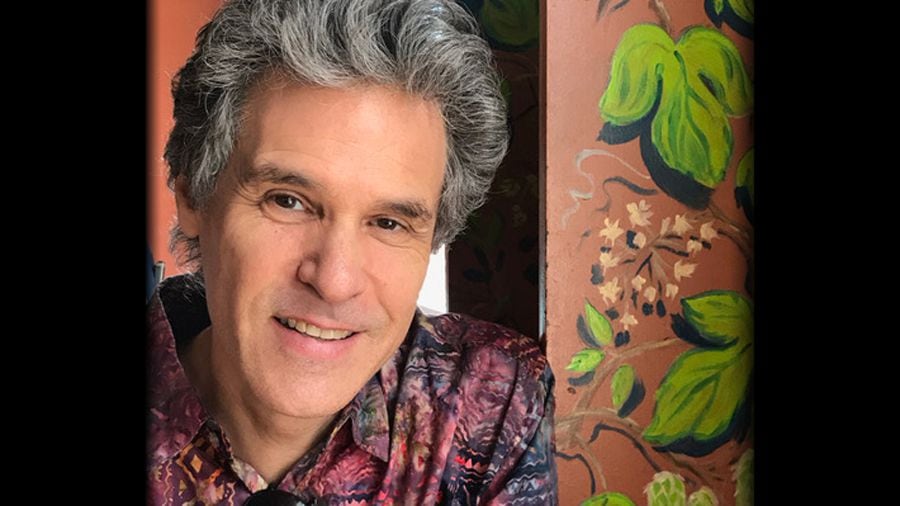Whether he’s explicating an opera’s literary source material or delving into vocal techniques, Santa Fe Opera educator and lecturer Oliver Prezant provides opera-goers with deepened context. While he’s been delivering prelude talks at the opera for close to 20 years, this is the first year presenting them virtually, and Prezant admits he misses the “live interactions.” Regardless of how they are viewed, Prezant’s talks are geared at both first-time attendees and devoted aficionados. He previously spent 20 years as the music director and conductor of the Santa Fe Community Orchestra, and recently created the education exhibit for the Albuquerque Museum’s current exhibition, Another World. This interview has been edited for length and concision. For tickets and information about the Santa Fe Opera’s 2021 season, visit santafeopera.org.
Your talks incorporate so many different aspects of the opera. What goes into preparing them and how do you think about their audience?
Opera is a 500-year-old art form, and it really touches pretty much every aspect of human experience. There are all kinds of people who come to the opera...so I’m looking to bring them into the experience as much as possible. That could be through the music; it could be through the libretto; it could be through the production. They get a really friendly introduction to the opera that cuts deep, and it cuts deep because it’s not just the information, but it’s also the experience: saying a couple of words in Italian; or getting the opportunity to sing a rhythm; looking at a gesture in the air; even changing your facial expression to suit the mood of what might be happening. All those things give the audience an experiential connection to the performance and at that point the fourth wall—what the audience is looking at—the fourth wall is broken at that point.
[The Santa Fe Opera] is one of the unique places to see opera in the world, and when the weather seems to be cooperating with the production, when the beautiful evening is enhancing your joy in watching this performance and there’s an incredible sunset, you can’t help get a two-for-one. The production values at the Santa Fe Opera…are at such a high level. What I’m trying to do is take people deeper into that experience so they can have as much fun as they can. Every experience you have is part of building a relationship with opera and you’re transforming your ability to listen and engage with how you see the stage.
You’re a musician as well—a violist—what brought you into wanting to teach?
For me, the boundaries between the arts are not hard boundaries. Everything goes together for me, so music, dance, visual arts—it all goes together. There was a time I was just out of music school and a little frustrated with how focused professional music was. I was walking by a classroom in a tiny little music school and someone was saying, ‘Yeah, it involves story and music and movement and rhythm and language,’ and I thought, ‘That’s for me. Sign me up.’ I’ve always been interested in helping people understand things. I’ve always been interested in explaining things and it just seems to be a part of who I am. So, I’ve been very grateful to have so many opportunities to do so. Talking about opera is the most fantastic integrated experience. Next to the movies, it’s one of the great mother art forms. This kind of work also allows me to share so much of my background with the audience, because I’ve been a musician in the orchestra pit, I’ve been a conductor and worked with singers; and I’ve been involved as an educator with visual arts and poetry through the ArtWorks program that I worked in for 20 years.
Can you talk about the first opera you ever heard and your favorite opera?
The first time I ever knew I loved opera was when I was just out of music school in New York and I got a gig playing La Bohème…and we had one rehearsal to put the opera together. We didn’t even get to rehearse the last act, that’s what music was like in New York at the time. So, we played a couple of performances the first weekend, and I listened to a recording of the opera and I looked at the libretto and it didn’t mean that much to me, but somehow by the next performance I loved that opera so much. That was the moment I really developed a love for opera and connected to it.
I spend so much time with so many operas that come from so many different places and backgrounds and cultures that I’m like a parent with many children. Everyone always wants to know what my favorite is and, in some ways, my favorite opera is the one that I’m working on at the time because I have to be so deeply immersed.

